
It is very difficult to buy into the apathetically correct wisdom of the meaningless of the dissertation exercise. Specifically, this becomes difficult when I am confronted several times a week by people who actually, really, and truly care about it. People who thank me for talking to them. Comment on how I’m the first to have asked and how much better it feels to talk. Who act at first surprised that I want to know, then hesitant that I should listen, and finally rest on the relief of sharing.
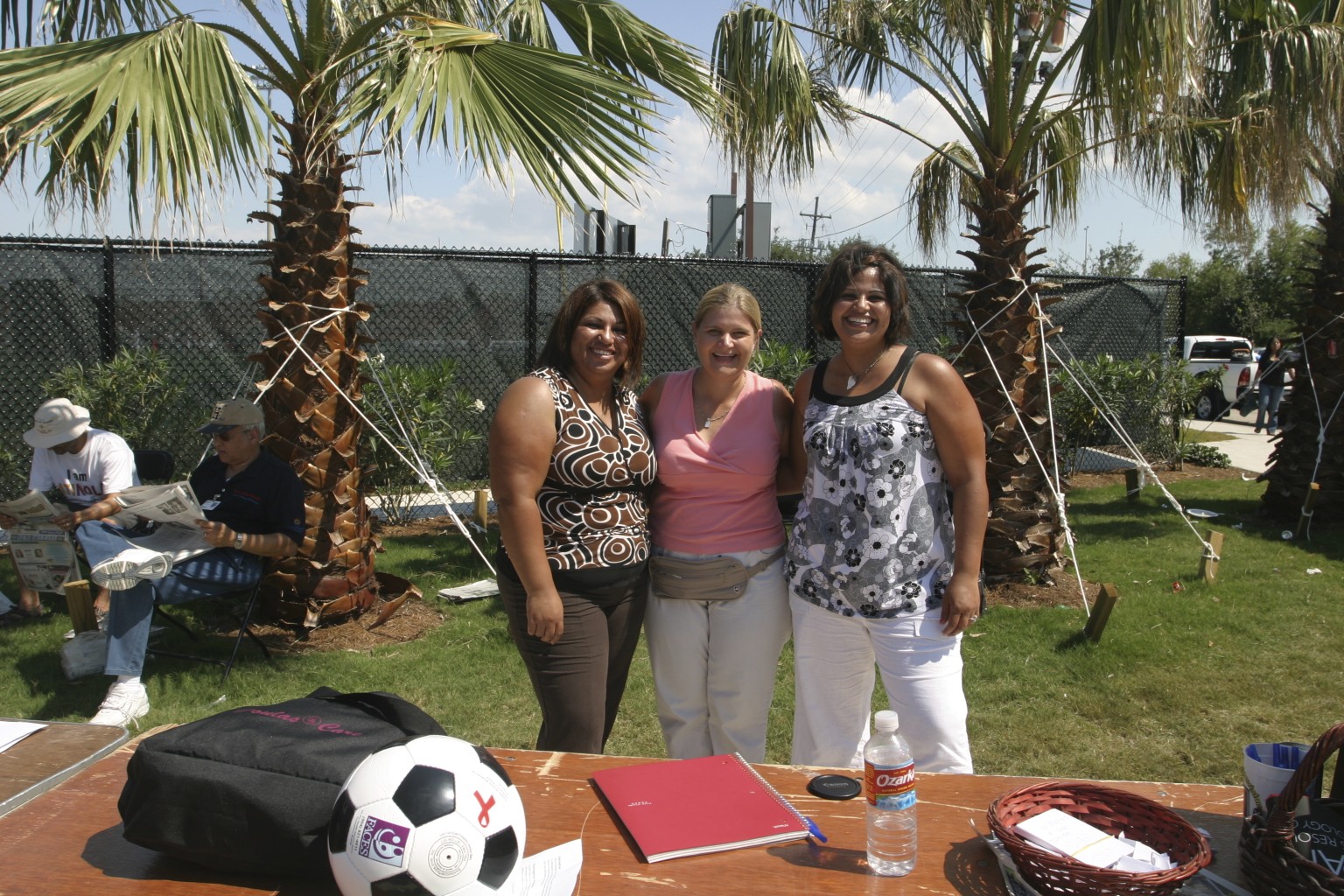
A few weeks ago, I dragged my Schweitzer cohort out of the comfortable confines of our usual space within the Louisiana Public Health Institute. From the bright steel and chrome finishes of the modern downtown offices down a hard-to-find narrow road lined with modest World War II-era slab homes, to a damp and crowded trailer turned community center. The Harahan meeting place for a small Hispanic Church. There, several parishioners made us fantastic baleadas and coconut bread while we held our monthly meeting. I gave a short talk based on my prospectus defense about race, racism, acculturation, and the health of immigrants from Latin America. Then, our chefs joined the meeting and spoke about their lives. Although I’d planned the logistics of the meeting, I had no idea who would come or what they would say.
By happy accident, Paul and the kids were there and ended up providing some companionship for another child (daughter of one of the church members). Will taught her to play games on the Ipod, she supplied markers and Jesus coloring sheets. Kate played the faithful sidekick, thundering up and down the small hallway past our meeting space.
Since that meeting, where some of my peers cried and all expressed deep thanks and appreciation for my risk-taking in how I’d conducted the session, several fellows have written to tell me about the impact of the night. One specifically described how it had changed her interactions with patients in her current med school clinic assignment. Another said that my talk was one of the best she’d had in graduate school and made her re-think how she looks at health research. Other fellows have asked if I could bring members of the community to future events so that we can give larger voice to their experiences. Maybe linking theory to practice isn’t as elusive as it seems. Maybe it’s just a point of asking and listening?
And then there is this dissertation. The one that matters to no one. The one that is a means to an end, a task to be finished so that I can move on, hopefully, to more important things.
What a mess of information I’ve got! Transcripts are en-route, surveys from last weekend’s health fair sit boxed on my desk, and somewhere on my computer is the prospectus… that document I defended as my research plan, my approved manual for what I was going to do to finish this degree. Did I do what I intended to do? Did I answer my question? Honestly, I’m not sure. I think I’ve strayed from my original purpose. Perhaps because I keep getting distracted by what matters to someone.
Does a dissertation that matters to someone count? How esoteric must I be to contribute to knowledge? And whose knowledge, exactly, must be furthered for a dissertation to qualify as a quality document? I used to understand the situation and was comfortable with it. Now it makes me feel unsettled and unsure. Whom do I disappoint? My informants, the community I’ve worked so hard to be a part of, to show my support within? Or my committee, who doesn’t care?
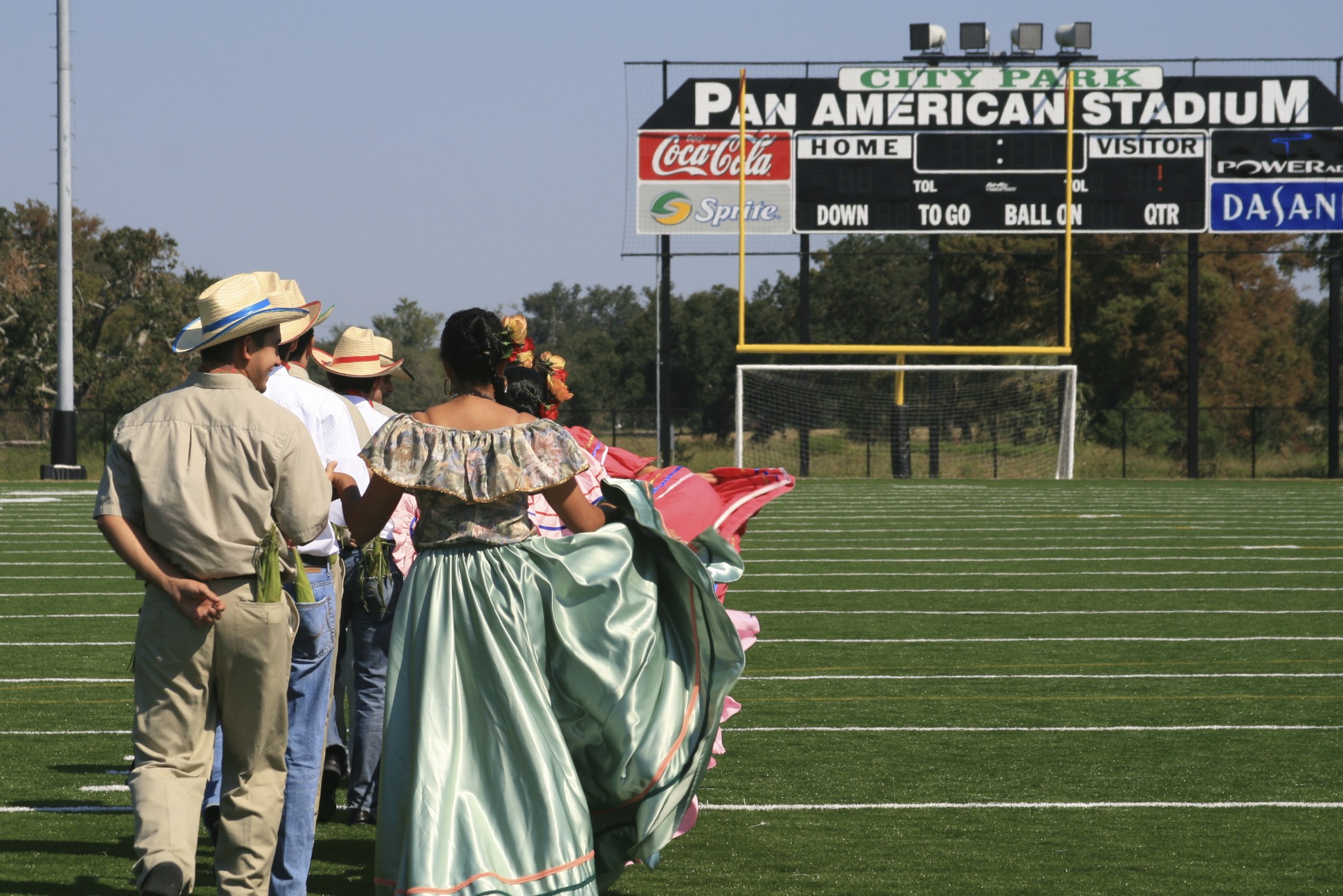
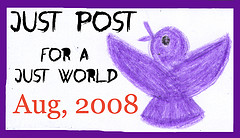
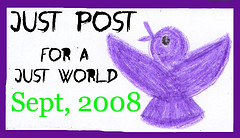
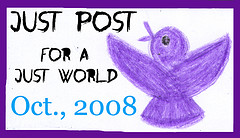


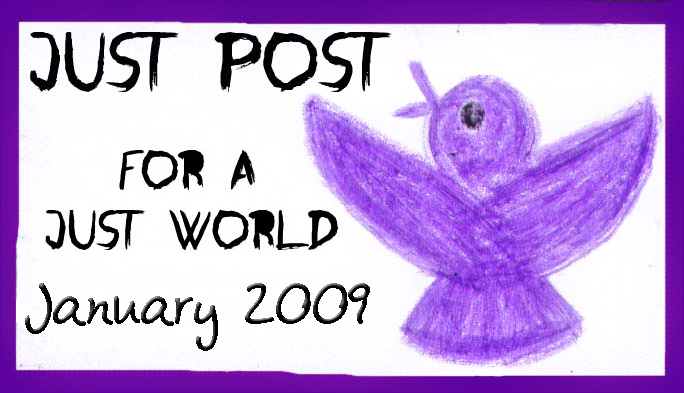
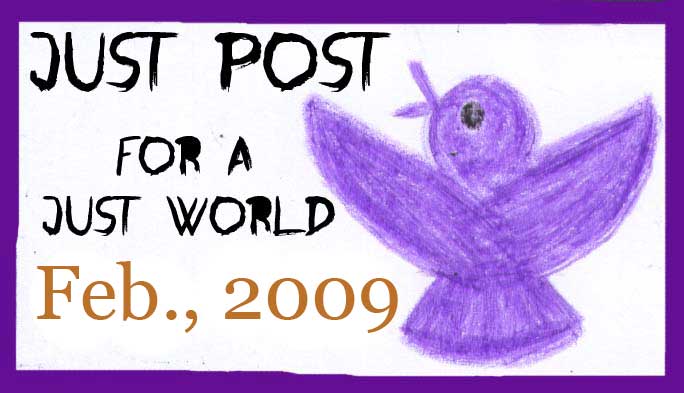








Phyllis | 08-Oct-08 at 9:43 am | Permalink
Holly, it does count — big time. For your informants, for your colleagues, and for your professional future, during which you will use what you have learned in this meaningful exercise of your skills, discipline, emotions, and intelligence. It is important and I hope you can keep your goals in mind as you struggle with the challenges. If I can help in any way with organizing files or simple tasks like proofreading, just let me know.